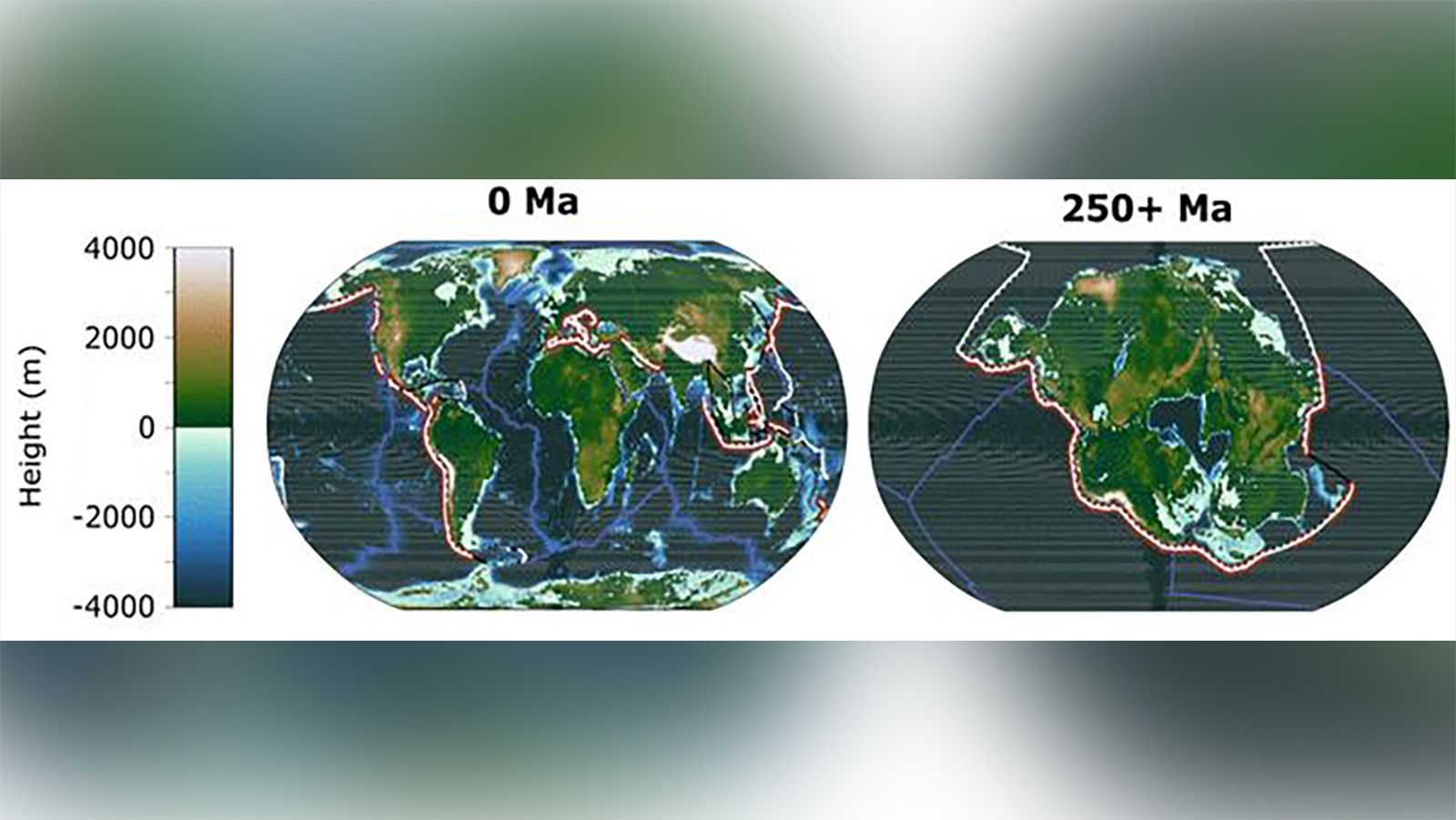
New ‘supercontinent’ could wipe out humans and make Earth uninhabitable, study suggests
The possibility of a new supercontinent forming could erase the human race and make Earth uninhabitable, according to a new study published in the journal Nature Communications.
The research suggests that the formation of a new supercontinent, combined with global warming, could create an inhospitable environment for humans, leaving us with no place to call home.
The study suggests that when plates shift, the landmasses could become a fiercely hot, arid, desert-like platform with temperatures over 140 degrees Fahrenheit and lethal levels of ultraviolet radiation.
In such conditions, it is difficult for humans to survive, the researchers argued.
The lead researcher, Dr John Tarduno, an Earth scientist at the University of Rochester, US, said: “It is a doomsday scenario, but is one that also could happen.
We can’t predict the future and we can’t rule out this happening. We can only hope that it doesn’t.”
The study suggests that in such an environment, humans may find it difficult to maintain food production, freshwater availability, or traditional agricultural practices.
The team looked at previous supercontinent-forming events in Earth’s history and concluded that a new one is likely to form over the next million years or so.
Dr Tarduno said: “The takeaway for me is that if something like this is on the way, it’s an additional argument to take global warming seriously, because if global warming were to be unchecked by the end of this century, then this could be even more likely.”

